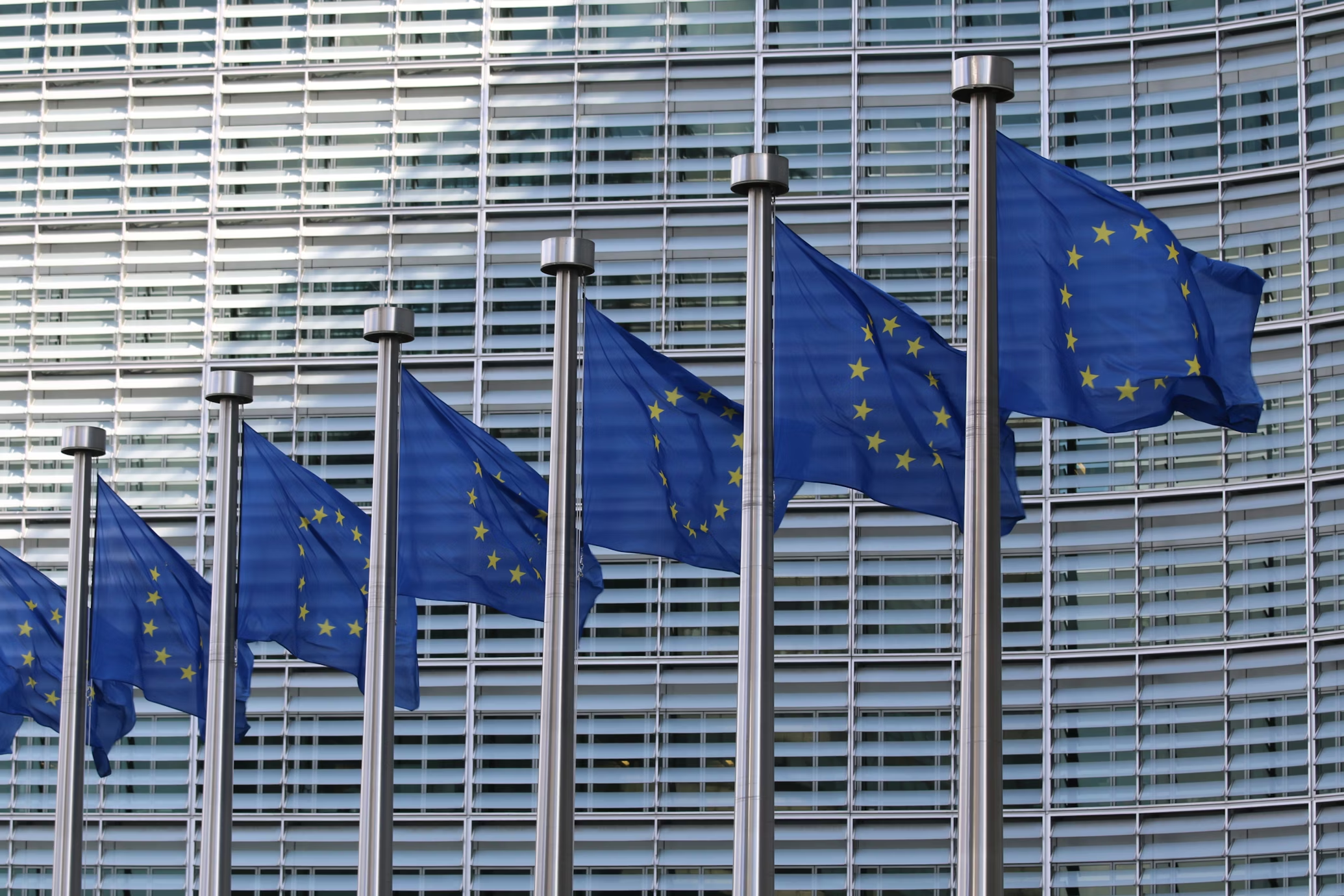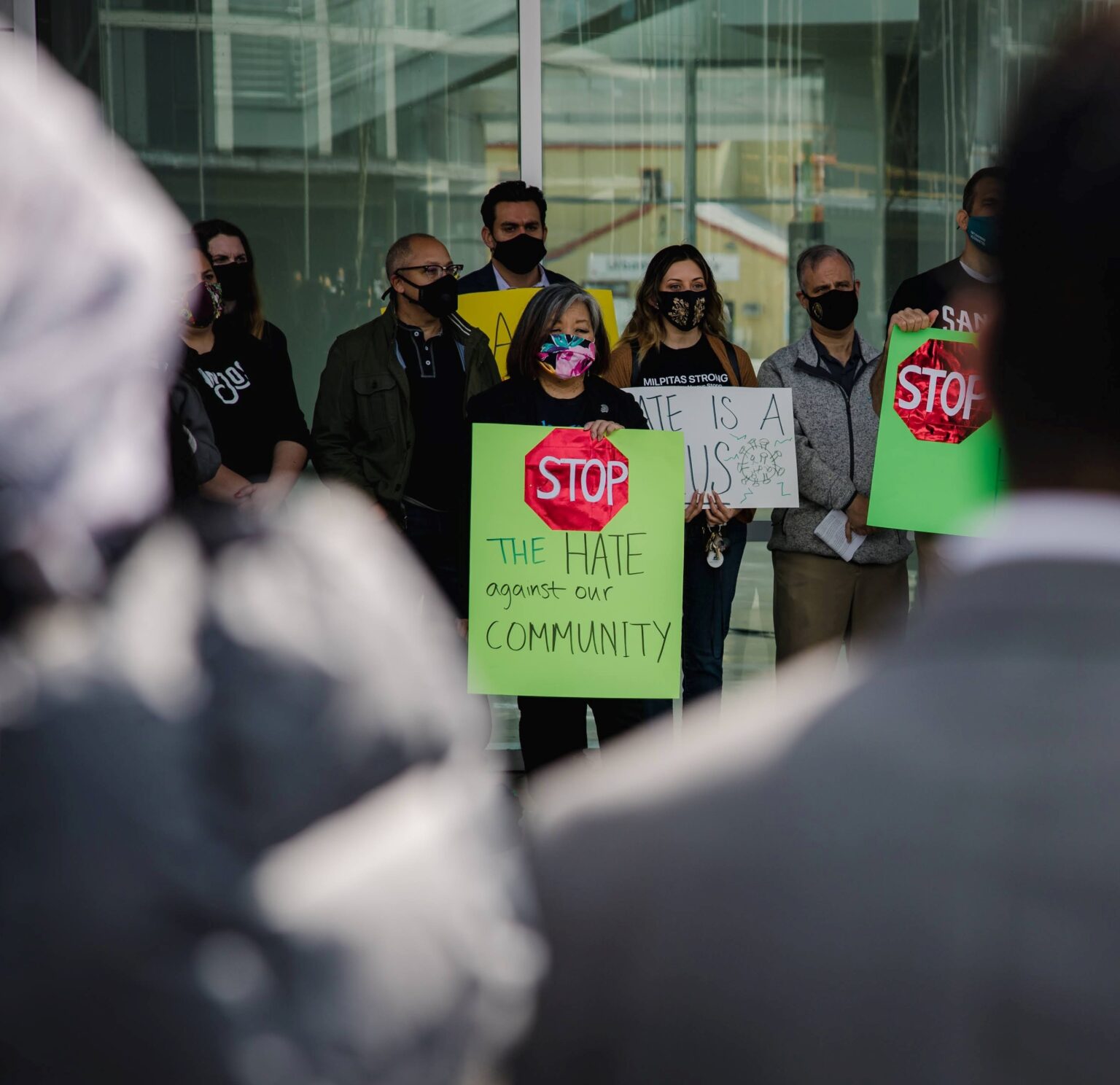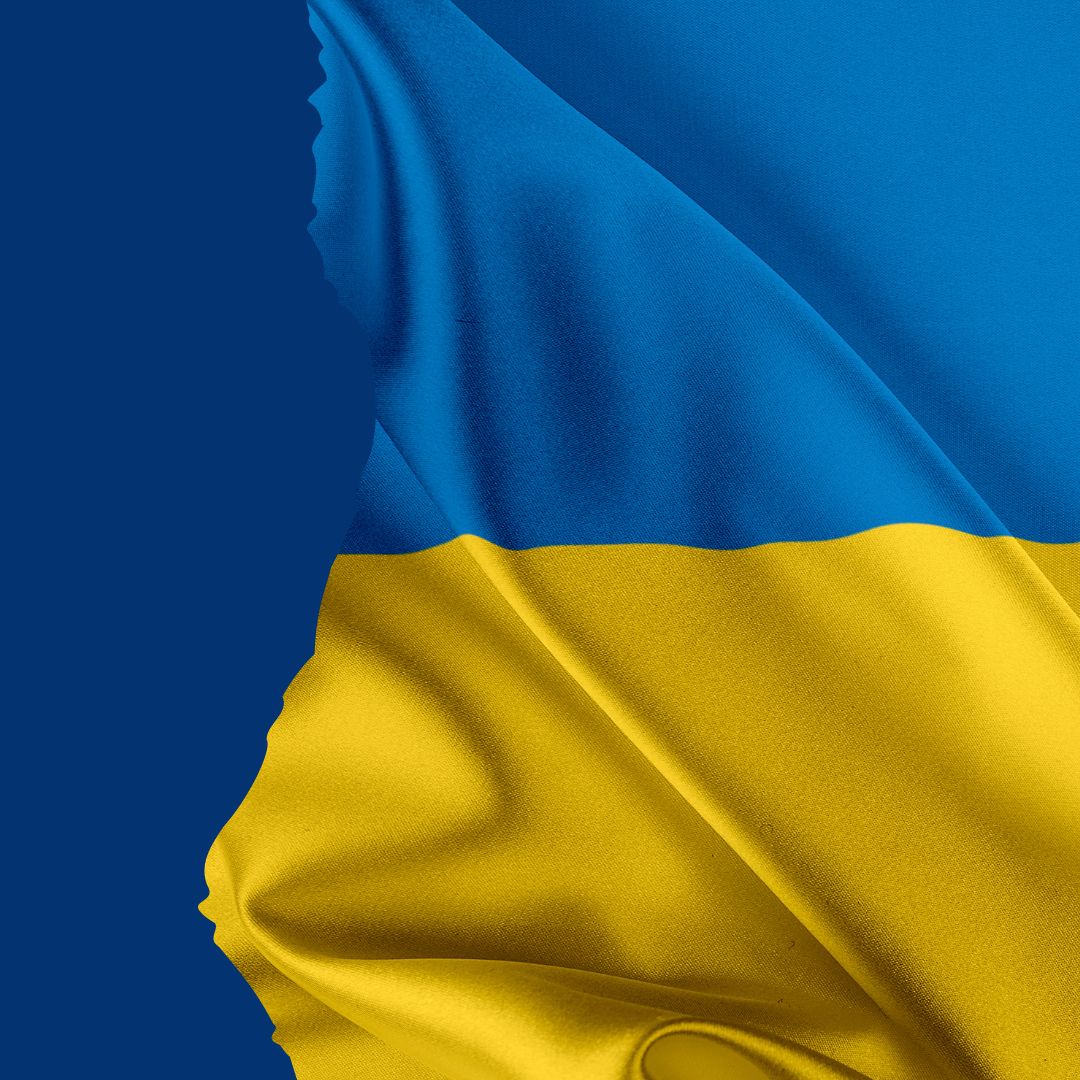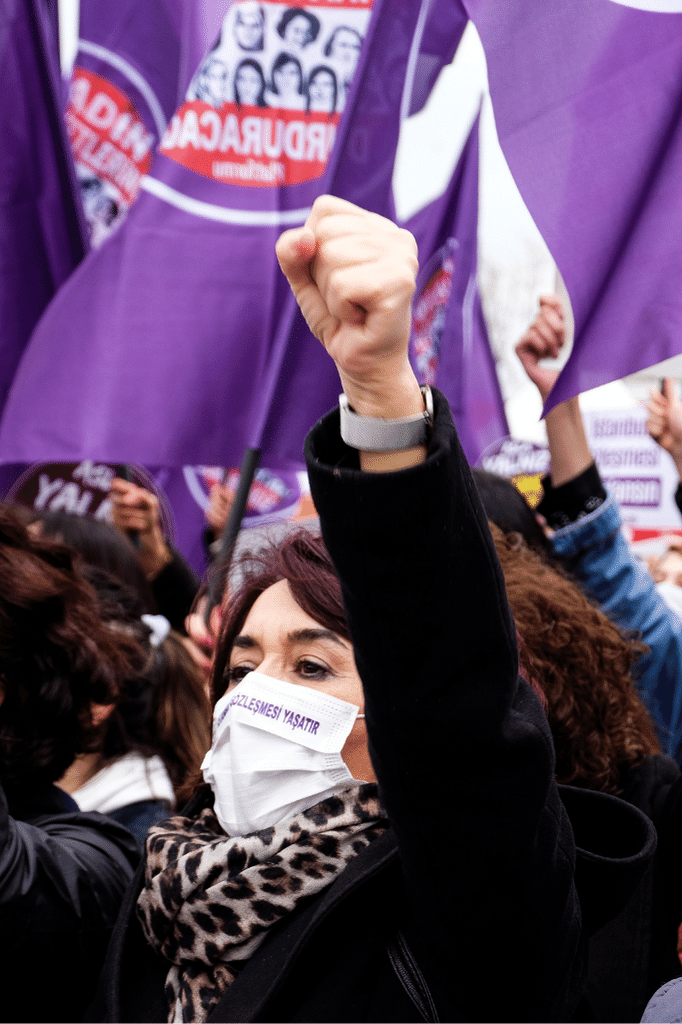Joint civil society reaction to the adoption of the EU Directive on combating violence against women and domestic violence

Today, the Council of the EU officially adopted the EU Directive on combating violence against women and domestic violence
As 13 civil society organisations1 which advocate for human rights, gender equality, and the right for all to live free from violence, we welcome this first ever binding EU legislation on this issue as a groundbreaking step.
The Directive adopts a holistic approach to combat violence against women2 and domestic violence, incorporating measures relating to prevention, protection, support for victims, access to justice and prosecution of perpetrators. This achievement is the result of long-term advocacy by feminist movements and Members of the European Parliament championing the European Commission’s ambitious proposal. We extend our gratitude to everyone involved in making this Directive as strong as possible.
We applaud the fact that the Directive recognizes the perpetration of female genital mutilation, forced marriage and certain forms of online violence as crimes. Unfortunately, other forms of violence were ultimately not criminalised, including intersex genital mutilation and forced sterilisation. We deeply regret that some Member States managed to derail the unprecedented opportunity to criminalise rape with a consent-based definition at the EU level. Sexual violence against women is endemic across the EU, with widespread impunity. Consent-based definitions of rape allow for all cases of rape to be included and strengthen protection and access to justice for victims of rape. We continue to call on all Member States who have not yet done so, to move towards adopting consent-based laws.
Crucially, the Directive will require Member States to do more to prevent rape, by raising public awareness of the fact that sex without consent is a crime, through awareness raising programmes and educational materials. We encourage Member States to embrace the comprehensive prevention approach outlined in the Directive, in particular primary prevention initiatives, and to provide mandatory comprehensive sexuality education, which includes consent education and challenges harmful gender norms.
The Directive further guarantees comprehensive support to victims of violence against women and girls and domestic violence and access to both general and specialist support services, shelters, support for child victims, as well as access to comprehensive medical care including sexual and reproductive health services. This is the first time that EU law imposes explicit obligations on Member States to provide access to this essential medical care for victims of sexual violence. Member States will also have to provide training for professionals likely to come into contact with victims, on how to provide this support.
The Directive recognises that victims of violence against women and domestic violence who experience intersectional discrimination are at a heightened risk of violence, and obliges Member States to meet their specific needs. Targeting a public figure, a human rights defender, or someone for their personal characteristics will constitute an aggravating circumstance. In the implementation of the Directive, Member States must ensure that all victims and survivors of gender-based violence are protected, no matter their sexual orientation, gender identity, gender expression or sex characteristics.
However, EU lawmakers yet again silenced women impacted by EU migration policies. The only concrete step forward for migrant women is that the text requires Member States to make shelters available to all women experiencing domestic abuse, regardless of their residence status. Nonetheless we condemn that the final text does not retain provisions on protecting undocumented women’s personal data from being transmitted to immigration authorities (neither in the context of accessing shelters, nor in terms of accessing justice). Member States must ensure that women are not deterred from going to the police because of their residence status, by including access to safe reporting in the ongoing revision of the Victims’ Rights Directive.
We call on the European Commission to provide guidelines and training to Member States, based on international standards and in consultation with civil society organisations. We urge Member States to fully implement the Directive as soon as possible. Recalling that the Directive sets minimum standards, we call on Member States to go beyond these and to realise the highest standards across the EU.
We call on the European Commission to review the Directive in the next five years and to work towards comprehensive and inclusive measures to address all forms of sexual and gender-based violence without discrimination.
We, together with our members across Europe, are committed to providing our expertise, and look forward to supporting a strong implementation of the Directive, to progress towards a Europe where everyone is safe from gender-based violence.
- Amnesty International, Center for Reproductive Rights, EuroCentralAsian Lesbian* Community (EL*C), End FGM European Network, European Sex Workers’ Rights Alliance (ESWA), Human Rights Watch, ILGA-Europe (The European region of the International Lesbian, Gay, Bisexual, Trans and Intersex Association), International Planned Parenthood Federation European Network (IPPF EN), La Strada International, Organisation Intersex International Europe (OII Europe), Platform for International Cooperation on Undocumented Migrants (PICUM), TGEU (Trans Europe and Central Asia), Women Against Violence Europe (WAVE).
Our organisations work on a diverse range of women’s rights issues. In the drafting of this document, we have been led by the expertise of women’s rights organisations and women human rights defenders from communities most impacted by the specific forms of violence described in each section. Our commitment to the text below represents our coming together as a collective with shared values, even though not every organisation has its own policy or programme of work dedicated to each issue. ↩︎ - Throughout this statement, the term “women” should be understood as including “women and girls”, as in the definition of “violence against women” proposed by the European Commission in the Directive, which encompasses “violence directed against a woman or a girl”. ↩︎
New funding program for data-collection on violence in Europe and Central Asia

ILGA-Europe invites organisations and initiative groups from the region of Europe and Central Asia to join our program aimed to support the LGBTI movement in its Documentation and Advocacy work.
This year we offer an opportunity to apply for funding to collect and document data on cases of violence against the LGBTI communities in Europe and Central Asia. We will support proposals focusing on collecting evidence that provides advocacy insights on the situations around institutionalised violence as well as tackling lack of support to the victims of domestic violence based on their SOGIESC.
This activity is launched under the priorities of Pathways 2, 4 and 5 of ILGA-Europe’s Strategic Framework for the period of 2019 – 2023. The grants will be supported from ILGA-Europe’s own funds, coming from private donations.
Deadline for applications: 15 November 2022, 23.59 CET (Brussels time).
Themes of the call
Through this program we intend to support 8-10 organisations/initiatives in one of the following thematic areas, which are currently requiring attention from the advocacy perspective and yet do have sufficient evidence documented.
- Discrimination and violence by police and other criminal justice institutions
ILGA-Europe members across our region report that LGBTI people, particularly LGBTI people facing multiple and/or intersectional marginalisation, are frequently subjected to human rights violations by police, even when reporting cases of hate crime. In addition, we often hear that the police and other institutions of criminal justice avoid properly investigating cases of violence against LGBTI people and brining perpetrators to justice, even when the country has adopted a legislative framework that provides for LGBTI-specific grounds for protection. However, when we report these instances to international institutions, to explain that this is a systemic issue which needs specific solutions, we often do not have the quantitative or systematic data to back up our claims.
2. Access of victims of domestic violence[1] to justice and victims support services
Since the COVID-19 pandemic, ILGA-Europe has been working on domestic violence against LGBTI people in our region. We continue hearing that LGBTI victims of domestic violence face specific challenges when attempting to access justice and support services. Negative experiences in dealing with government agencies or social support services because of their SOGIESC, can contribute to LGBTI victims feeling concerned they will not be understood or believed when disclosing abuse from their partners or family members. When LGBTI victims report abuse to law enforcement officials or social services, they can still face additional barriers to getting the necessary support to leave an abusive relationship or environment. Despite widespread domestic violence against LGBTI people and issues in accessing victims support services and justice, these issues remain invisible in official statistics as EU member states fail to record domestic violence against LGBTI people comprehensively and systematically.
The specific goal and work that can be supported under this program:
The program is aimed at supporting collection of violence cases against the LGBTI communities through allocation of grants to organisations for collecting evidence of (1) institutionalised violence and (2) refusal to and/or lack of support for the victims of domestic violence because of their SOGIESC. Below are some details of what can be monitored and documented:
- Discrimination and violence by police and other criminal justice institutions
We encourage applicants to look at human rights violations, not just among the police but also among other institutions of justice (prosecution, judiciary, defence), who either commit violations or refuse to sanction or investigate violence when it is their duty to do so. We encourage quantitative data collection to be disaggregated on intersecting identities such as race, migrant status, disability, age and gender, in order to show how certain LGBTI people are more exposed to violence, and to help activists have data to forge strong alliances with other marginalised groups who are working to tackle institutional violence in criminal justice. Below are some examples of cases for documentation:
1. When someone reports a case of discrimination, hate crime or hate speech with a SOGIESC motive and receives LGBTI-phobia from police/investigators, at the moment of reporting and/or during the investigation process.
2. Denial of treatment or mistreatment of LGBTI people in medical settings.
3. Systemic lack of prosecution in SOGIESC related cases, especially when the legal framework exists (i.e. non-implementation of the anti-discrimination or hate crime/hate speech law which has SOGIESC as aggravating factors).
2. Access of victims of domestic violence to justice and victims support services
As disaggregated data is essential to truly understanding the prevalence of domestic violence against LGBTI people and access to support services and enables informed decisions on where and how to target legislative protection, funding and other support, we are calling for project proposals aimed at quantitative data collection on barriers to access of victims of domestic violence to justice and victims support services. Below are some examples of cases for documentation:
1. When LGBTI person is suffering from domestic violence on the hands of partner or family member but does not report to the police because of lack of legal protection at the national level. For example, a person suffering intimate partner violence and living in same sex partnership cannot report intimate partner violence because national legislation defines intimate partner violence as violence experienced in different-sex partnerships (male perpetrators and female victims).
2. Denial of access to shelters for trans or male victims of domestic violence, in particular access for trans women to shelter for female victims of domestic violence.
3. Limited access to information. For instance, when LGBTI youth or children experience physical, psychological or economic harm at the hands of parent or legal guardian but they do not have access to hotlines to receive information on how and where to seek help.
IMPORTANT! Submitted applications should concentrate on documentation of ONE type of violence: institutionalised OR domestic.
Budget and scope
Under this program ILGA-Europe will provide grants to LGBTI organisations and initiative groups in budget sizes depending on their annual budgets, organisational experience in Monitoring and Documentation, as well previous experience of implementing projects under the re-granting schemes of ILGA-Europe, including the Documentation and Advocacy fund. Depending on the organisational profile, applicants shall submit their proposals under one of the tiers below:
| Tier | Expected budget of grant | Minimum eligibility requirements under each tier (applicants must meet all the bullet points): |
|---|---|---|
| Tier I | EUR 5.000-10.000 (around 5 grants) | Newly established LGBTI groups: registered or not registered and have recently started organising themselves Non-registered applicants need to identify a fiscal sponsor Minimal or no experience in monitoring and documentation as well as grants implementation |
| Tier II | EUR 10.000-15.000 (around 5 grants) | LGBTI organisations registered as legal entities Applicants have previous experience of implementing projects under ILGA-Europe’s re-granting schemes Applicants have already some or in-depth experience in documentation of human rights violations cases. |
Funding amounts will be determined on the basis of the scope of the project proposal, taking into consideration factors such as geographical scope, capacity to absorb funding and costs of living in the concerned country.
Useful information, links, and tools
ILGA-Europe are open to support grants that have already documentation systems in place as well as those who want to set up a system for documentation of human rights violation cases. Applicants are free to choose the methodology for documenting violence cases. The experience of the ILGA-Europe work in previous years demonstrated that implementation of such projects allows selected applicants to develop data collection skills on cases of institutionalised or domestic violence cases in Europe and Central Asia. In case if an applicant requires additional information to decide on methodology here you can find useful information at https://www.huridocs.org/our-manuals/ or https://uwazi.io/ . You can also get in touch with ILGA-Europe to ask for specific tools.
Under this call ILGA-Europe will support documentation methods and reporting techniques which may include on-line reporting, face-to-face interviews or interviews by phone. ILGA-Europe will also support the publication of the report to be produced as a result of the project. At minimal, all projects should include the collection of data and the production of a report on the basis of the data collected.
Application forms shall include a description of the planned activities and of the chosen reporting methodology. Your proposals will be evaluated taking into account the capacity of your organisation to implement the project.
Information on the advocacy plans that your organisation intends to carry out on the basis of the produced report will be considered as an asset for your application. Organizations are also encouraged to demonstrate how this project will support the building of internal documentation skills in relation to documentation of situations around the case of institutionalised or domestic violence.
Information on your organisation’s plans to sustain in the long term the reporting and monitoring processes put in place thanks to the grant will be considered as an asset for your application.
ILGA-Europe’s staff remains available to facilitate information exchange on methodological tools used by its successful applicants. You can also find information about most recent documentation projects at ILGA-Europe webpage.
Applications should define vocabulary clearly and use it consistently throughout their proposal and project. It is important to clearly identify the indicators you intend to use and how you will gather, classify and measure the information to be collected. For guidance see HURIDOCS and UNHR sources.
Eligibility criteria
All applications will be assessed based on the following criteria
- Under this Call, the maximum duration of projects cannot exceed 12 months and projects shall be completed on or before December 31, 2023. Proposed minimum duration of projects is 8 months
- ONLY applications from LGBTI organisations in the European region and Central Asia[2] are eligible. A list of the eligible countries can be found here
- The totals of the budget should fall into one of tiers described above
- The submitted application should concentrate on documentation of ONE type of violence: institutionalised OR domestic. Applications including both will be considered as ineligible
- Documentation of violence cases in the period of project implementation (2023) as well as cases happened in 2021 and 2022.
The selected applications should:
- Provide a clear methodology and outline what the objectives, added-value and expected outcomes are;
- Allow for the documentation of new evidence on LGBTI discriminatory practices in documentation;
- Enhance data collection skills on violence cases against LGBTI communities;
- Clearly indicate the language of the final product (advocacy report) and other outputs;
The deadline for the applications submission is 15 November 2022, 23.59 CET (Brussels time). Decisions on grants awarded will be communicated in December 2022.
Due to capacity and funding limitations NO applications from outside Europe and Central Asia, or submitted after the deadline will be accepted.
You can submit your application in English or ask any questions to ILGA-Europe’s Senior Programmes and Policy Officer Boris Balanețkii: boris@ilga-europe.org.
[1] “domestic violence” means all acts of violence that result in, or are likely to result in, physical, sexual, psychological or economic harm or suffering, that occur within the family or domestic unit, irrespective of biological or legal family ties, or between former or current spouses or partners, whether or not the offender shares or has shared a residence with the victim
[2] Countries-members of the Council of Europe as well as Russia, Belarus, Kosovo, Kazakhstan, Kyrgyzstan, Uzbekistan, and Tajikistan.
Integrating LGBTI inclusive Gender Based Violence risk prevention, reduction and mitigation in the context of war in Ukraine

The ongoing war in Ukraine has resulted in the need for immediate action to address the needs both of a significant population of Ukrainians fleeing the armed conflict, as well as for those who are staying in Ukraine. LGBTI people are often amongst vulnerable groups in crisis situations and specific attention is needed to ensure that they are safe, have safe refuge and that some fundamental basic needs are being met – ensuring they are not left behind.
LBTI women in sport: violence, discrimination, and lived experiences
In March 2021, a coalition of European networks working on LGBTI rights and including ILGA-Europe, EL*C, TGEU, OII Europe and EGLSF submitted to the Parliamentary Assembly of the Council of Europe a briefing note on violence and discrimination against LBTI women in sport.
Joint manifesto for an inclusive and comprehensive eu gender-based violence policy for all

Together with the under-signed organisations we call on the European Union to adopt a forward-thinking and truly inclusive approach to gender-based violence – that leaves no one behind and strives to achieve real change in the lives of all people, without discrimination.
To meaningfully address gender-based violence in the European Union, we must promote inclusion, safety, protection, well-being and effective remedies for those most at risk.
In the lead up to International Women’s Day, 8 March, and the expected publication of a draft EU law to address violence against women and domestic violence, the under-signed organisations have adopted this manifesto for a truly inclusive EU law and policy. We welcome the leadership of the European Commission in taking action, and the engagement of the European Parliament, and urge everyone who will be involved in this effort to take an inclusive and intersectional feminist approach.
People facing marginalisation and intersectional discrimination – such as racialised women, women with disabilities, sex workers, those of lower socio-economic status, experiencing homelessness, with precarious or irregular migration status, as well as people with diverse sexual orientation, gender identities and expressions and sex characteristics including trans and non-binary people, are among the most at risk of gender-based violence and least protected and supported by existing efforts to prevent and tackle violence and other harm.
Measures that aim to address gender-based violence by focusing on increasing criminalisation, policing and incarceration can make many people and communities more vulnerable, reproducing structural, institutional and interpersonal discrimination and violence.
We urge the European Union decision makers to strive for an ambitious and comprehensive package of legal, policy and financial measures to address gender-based violence and to ensure victims’ rights that:
- Centres the perspectives, concerns and recommendations of those facing multiple and intersecting forms of discrimination.
- Takes an intersectional and rights-based approach, recognising that to achieve gender equality and freedom from gender-based violence and protect fundamental rights for all, we have to address all forms of violence, in particular when linked to gender, gender identity and expression, sex characteristics, sexual orientation, race and ethnicity, age, disability, class, religion and migration status, and that those who experience intersectional discrimination face greater vulnerability to all forms of gender-based violence and domestic violence.
- Addresses structural and historical harms and drivers of gender-based violence, and underlying issues such as poverty and oppression, including those created, enabled and normalised by states.
- Addresses the laws, policies, practices and by-laws that discourage and prevent victims from reporting – such as those that criminalise aspects of sex work including clients, migration and homelessness – or that deny survivors access to essential sexual and reproductive health services, as well as gender-based and intersectional violence perpetrated by police.
- This requires review and reform of such laws, policies, practices and by-laws as well as specific measures to promote inclusion, safety, well-being, remedy and reparations for particularly affected groups, including in the context of the COVID-19 pandemic, where the increased powers of the police and requirement to present personal identity and vaccination documents increase the risk of policing of marginalised groups.
- Prioritises a social, community and survivor-centred approach over further criminalisation, invests in holistic social and support services, including mental health and sexual and reproductive health care, social protection and harm reduction, information provision, community interventions, and mechanisms that enable people to access services, remedies and stability, including residence status, without conditions or requirements to engage with law enforcement and the criminal legal system. Ensures that all women as well as people with diverse sexual orientation, gender identities and expressions and sex characteristics fleeing violence are able to access safe, suitable and stable accommodation and other support services without furthering the cycle of abuse.
- Addresses harmful practices such as female genital mutilation; human trafficking; and non-consensual medical interventions such as forced abortion, forced contraception, forced sterilisation, intersex genital mutilation, forced gender reassignment, through this rights-based and intersectional feminist approach.
- Ensures safety and protection for people who do wish to engage with authorities and with the criminal legal system, protection from secondary victimisation, including sanctions, penalties and immigration enforcement, and ensures accessibility of the justice system and procedural accommodation for victims, including people with disabilities.
- Does not fall behind, and rather builds upon, existing European standards, including the Istanbul Convention and the Victims’ Rights Directive.
Sign now!
Signed by:
- Amnesty International
- Center for Reproductive Rights
- European Federation of Organisations working with Homeless People (FEANTSA)
- European Network Against Racism (ENAR)
- The European Region of the International Lesbian, Gay, Bisexual, Trans and Intersex Association (ILGA-Europe)
- European Sex Workers’ Rights Alliance (ESWA)
- Equinox Initiative for Racial Justice (Equinox)
- Fair Trials
- International Planned Parenthood Federation European Network (IPPF EN)
- La Strada International
- PICUM- Platform for International Cooperation on Undocumented Migrants
- TGEU – Transgender Europe
RESOURCES:
Victoria Law: Against Carceral Feminism. 17.10.2014, Jacobin. Available here.
Towards Gender Justice Rethinking EU Gender Equality Policy From an Intersectional Perspective. Equinox- Initiative for Racial Justice, 2021. Available here.
The EU Victims’ Rights Directive refers to gender-based violence as “violence that is directed against a person because of that person’s gender, gender identity or gender expression or that affects a person of a particular gender disproportionately. See more.